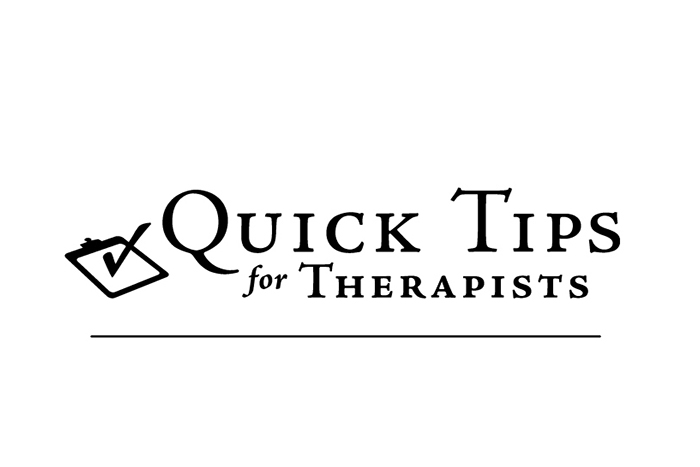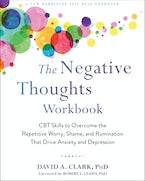In recent years, homework has been getting bad press in cognitive behavioral therapy (CBT) circles. For many clients, the word has an unpleasant association, conjuring up dark memories of late-night school assignments imposed by unforgiving teachers and enforced by unrelenting parents. Resistance to therapeutic homework is common, with clients either refusing outright or offering up a half-hearted attempt at best.
For the conscientious CBT therapist, this is a most troubling situation. Homework is the cornerstone of CBT—and it improves treatment outcomes. Some therapists have responded with a name change. Instead of “homework,” they call it “skills practice,” “action plans,” “practice assignments,” etc. But for the “hardcore homework-resistant,” is a more positive label enough? A more in-depth response may be necessary. Consider these five Rs of therapeutic homework intended to boost client engagement:
- Relevance – A homework assignment must be consistent with treatment goals, and a natural product of the session theme. If not, the assignment will seem irrelevant.
- Reasonableness – The assignment must be practical, considering time constraints and all the demands of daily living. It should be written down, concise, and focused.
- Relatable – The assignment should be done collaboratively so the client has a personal
investment in the task. Individuals who perceive the assignment as an obligation imposed by the therapist will be less committed.
- Rationale – Therapy time should be devoted to explaining the reason for doing the
homework assignment. Clients need to understand why the assignment is important, and its benefits.
- Reviewed – Homework assignments must be reviewed at the subsequent session.
The most destructive scenario is when a client completes an assignment, but the therapist fails to spend time interpreting and consolidating the results. Homework is an opportunity for clients to demonstrate real learning from the therapy sessions. But homework engagement is an uphill struggle for many clients, which requires therapists to demonstrate creativity, patience, and understanding.
David A. Clark, PhD, is a clinical psychologist and professor emeritus at the University of New Brunswick. He is author or coauthor of several books on depression, anxiety, and obsessive-compulsive disorder (OCD), including The Anxiety and Worry Workbook with Aaron T. Beck (founder of cognitive therapy), The Anxious Thoughts Workbook, and Cognitive-Behavioral Therapy for OCD and Its Subtypes. Clark is a founding fellow and trainer consultant with the Academy of Cognitive and Behavioral Therapies, and fellow of the Canadian Psychological Association. He is author of the blog, The Runaway Mind, on www.psychologytoday.com.



 2024 Peace Playbook: 3 Tactics to Avoid Clashes with Your Partner
2024 Peace Playbook: 3 Tactics to Avoid Clashes with Your Partner